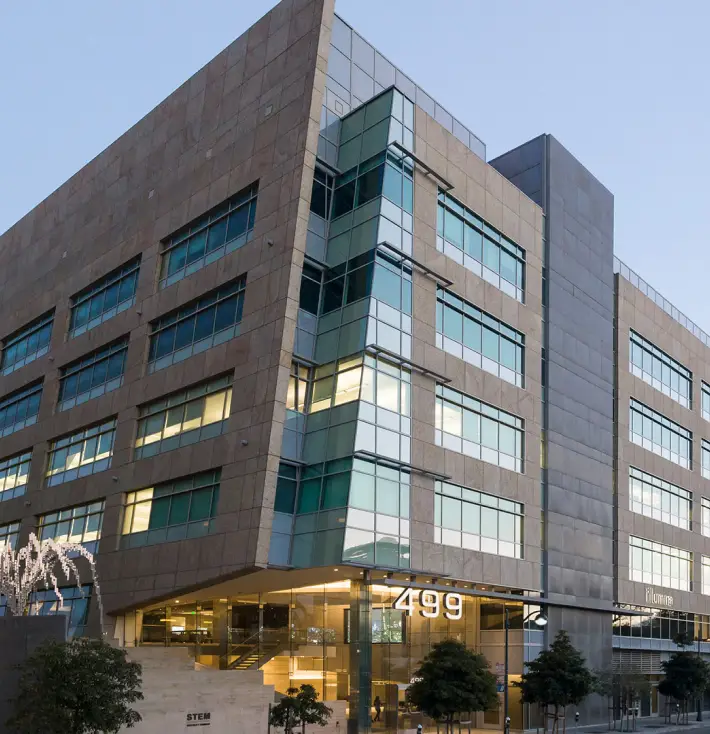

As an organization that endeavors to improve healthcare for all, every choice we make is driven by our mission: to better serve patients by accelerating and innovating health care through approaches that challenge the status quo of science and care.
The culmination of our daily efforts guides our long-term vision: to improve human health for all through personalized medicine by bridging the gap between research and care.
Our core foundational values of integrity, collaboration, transparency, and innovation form the basis of who we hire, how we operate, and everything we believe.
We strive for the best outcomes and our quality policy reflects that: we embrace equity, collaboration, innovation and quality in trial design, conduct, and patient-centric research outcomes.


For all media related questions and inquiries, please contact Jacqueline Murray.
